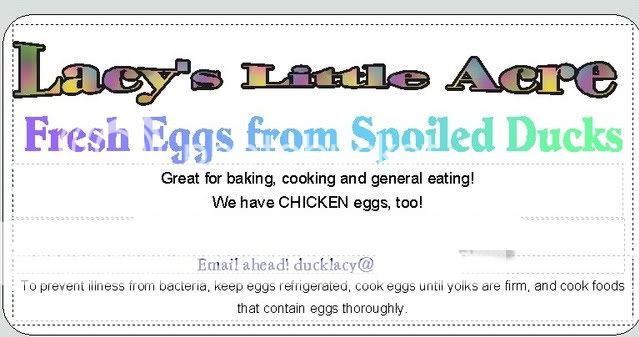In the scheme of things, and if you look at it seriously, most of us that have chickens that are allowed to free range really have a product that is more "organic" and better quality than the so called organic you see in the stores.
The term Organic has really been diluted from its origination and is more of a marketing ploy than a better standard for chickens and eggs. IMHO
The term Organic has really been diluted from its origination and is more of a marketing ploy than a better standard for chickens and eggs. IMHO







 I say animal bi products are good for them as they are omnivores and need the nutrients... but we all have different trains of thought.
I say animal bi products are good for them as they are omnivores and need the nutrients... but we all have different trains of thought.